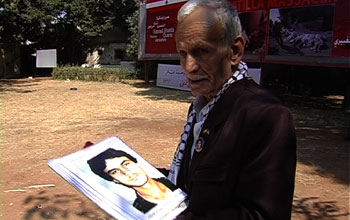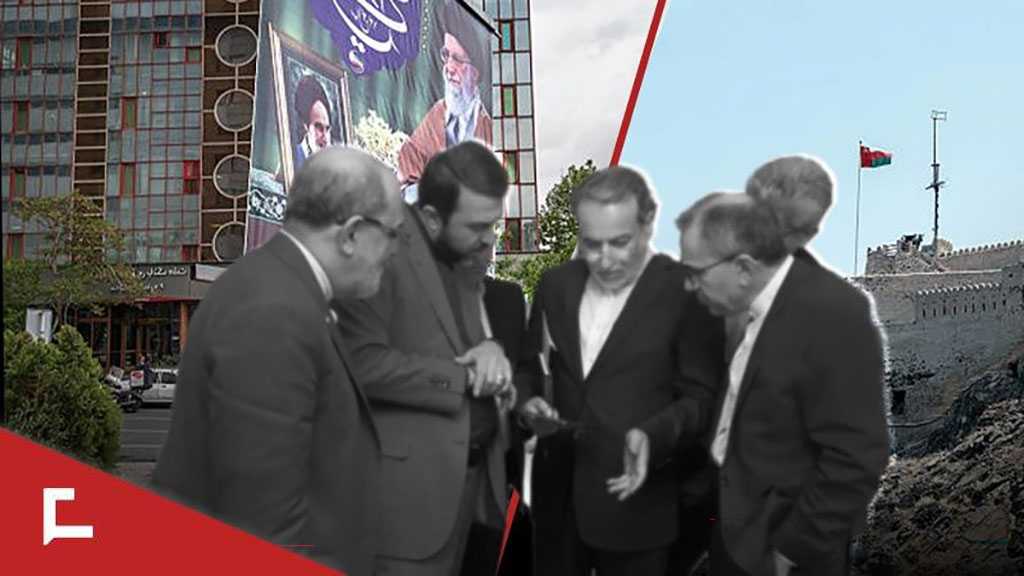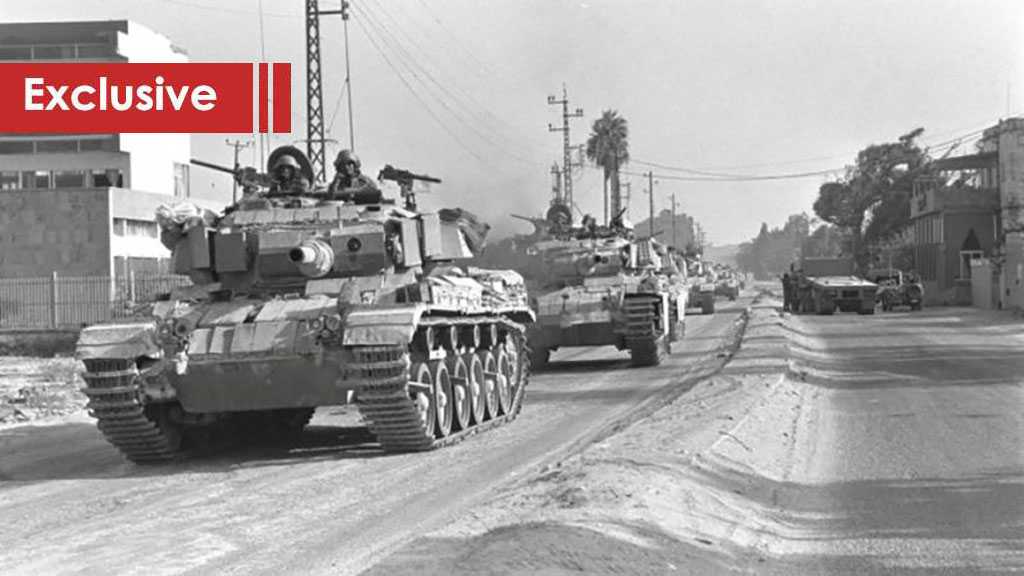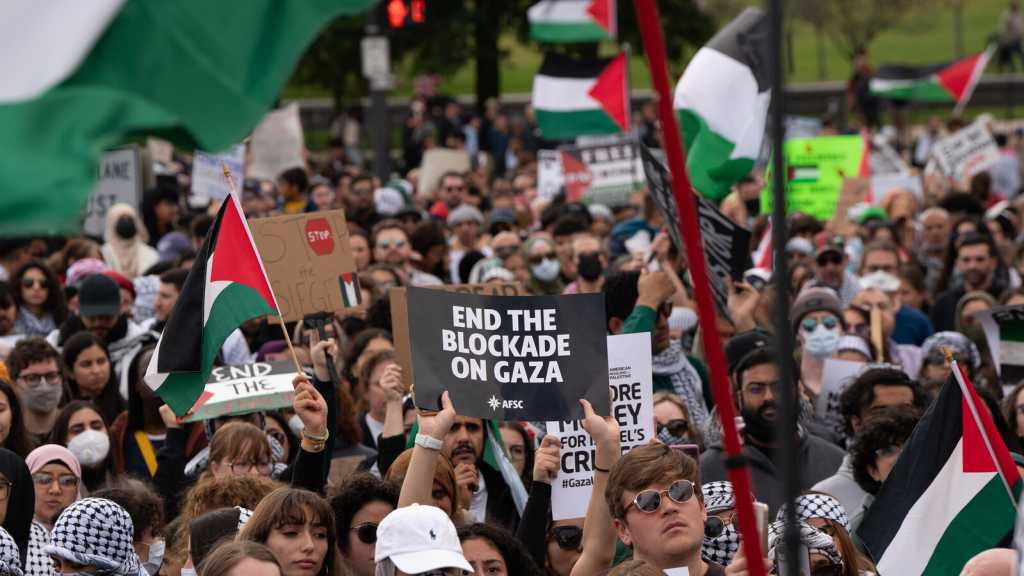
Sabra and Shatila: “Israeli” Aggressive Policies


After most people left, some foreign activists seemed eager to know more about what happened on those days from the 16th to the 18th of September 1982. Kamal Maruf, an old man with a small body but with a great fervor to want to speak up, told a group of activists: "They filled us in the trucks and took us all the way up to the Olympic stadium and lined us up."
"They chose my son, and several other young men. Out of all the people, they chose them, and the "Israelis" took them away." And to this day Kamal Maruf knows nothing about his son Jamal.
"Were the "Israelis" helping them?" One American asked. "Of course they were helping them! Abu Jamal felt offended. "The "Israelis" made sure the biggest number of us was killed."
Abu Jamal told me that for 29 years he is still asking all Arab and international organizations to help him uncover his son's fate.
It's quite Ironic that the "Israelis" would in some cases try to detach themselves from the killings that went on in Lebanon by using their influence on Lebanese factions that somehow were weak to "Israeli" dictates. Now whether the Phalange at the time had its own interest in "settling scores" with the Palestinians is another argument, but where is "Israel" in all this?
The "Israeli" invasion of Beirut was one of the most devastating invasions of a sovereign state in modern times. The "Israelis" had hysterically invaded the capital and controlled all entrances. Their stated goal was to assure the security of northern occupied Palestine, and drag out what they called the "Palestinian terrorists."
It seems that even those who were not born yet were considered terrorists by "Israel," since crawling babies were coldly shot to death and pregnant women were torn to pieces.
The Shatila camp was already populated at the time, and the Palestinian resistance was at its peak. It's no coincidence that several Palestinian fighters came from the Shatila camp. One example is Dalal Moughrabi, a woman who led men into the battle for Palestine. She was a refugee who yearned to see the land she always called home, but was deprived of. Other fighters also came from Sabra and Shatila. It was at that time that the world learned about Palestine, and that the recurring military operations all over the world were to finally break the silence over what happened to a people that was ripped away from its land.
That was when the "Israelis" realized they had to invade Beirut. They were actually trying to invade and conquer the Palestinian will to resist and retrieve their identity.
Three days and nights of killing would surely put terror in the hearts of the Palestinians and all the Arabs, or any human being who would even think of aiding the Palestinians in their cause.
The Arab stance after those years was a clear reflection of "Israeli" and US will.
Even Mahmoud Abass in his latest bid has not been clear on how exactly he intends to solve the refugee crisis, but it seems many, even Palestinians who have found a new identity and are living in well-to-do areas around the world have forgotten to call for their right to return. But is that the end of the story?
Almost 29 years after the Sabra and Shatila massacre, hundreds of thousands of Palestinian refugees poured into the southern village of Maroun Al-Ras to commemorate "Nakba Day." Hundreds of young men and women spontaneously ran towards the barbed wire and faced "Israeli" fire. Those who were killed on that day are proof that the urge to regain Palestine is pumping louder in the hearts of the Palestinians, even those who live on the mere stories and memories of their fathers and grandparents.
I asked Abu Jamal if he were optimistic that the recognition of a Palestinian state would be the first step for him to go back home. "I am always optimistic," he says. "But there will always be resistance because our land was stolen from us, and what the political sides are calling for will not give us our land back fair and square."
Just before I said goodbye he told me about a daughter that is married and has been living in Palestine for the last 26 years. As he spoke about her, he seemed like the happiest man alive.
Comments



